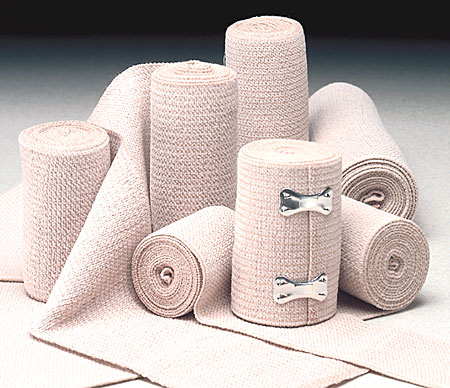[:en]
These instructions are meant to help you considering what you are going to be experiencing and the rough measures to be taken after a blepharoplasty.
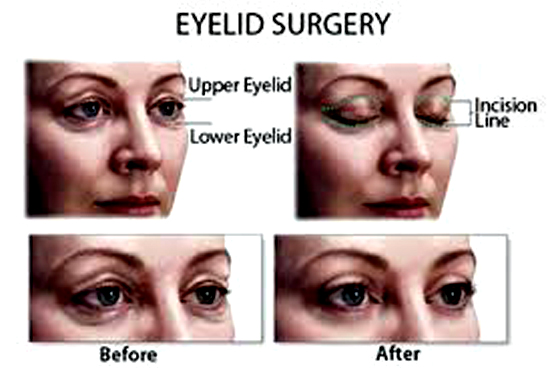 These are not meant to substitute the advice given to you by your own surgeon or cosmetic clinic undergoing your own procedure. If in doubt please refer to your clinic for advice.
These are not meant to substitute the advice given to you by your own surgeon or cosmetic clinic undergoing your own procedure. If in doubt please refer to your clinic for advice.
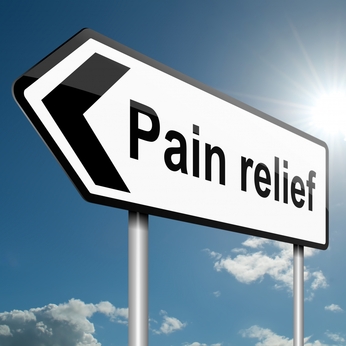
Everyone experiences some pain in their eyelids and face after surgery. Most people take only plain acetaminophen (Tylenol) and Celebrex as prescribed for pain control. If you are unable to take Celebrex, acetaminophen alone may be sufficient. Begin taking acetaminophen elixir (liquid) or tablets for pain as soon as possible after surgery. If this is not sufficient to control your pain, begin taking any prescribed narcotic(Vicodin, Percocet, Darvocet, Tylenol #3) pain pills as directed. If you did not receive a prescription for narcotic pain medication and you feel you need something stronger for pain control, please contact your clinic. Prescribed narcotic pain medications can make you sick to your stomach. Take them only after you have had something to eat. It is recommended you take a dose of either acetaminophen or narcotic pain medication before you go to bed the first night or evening after surgery. Set an alarm clock to wake yourself up 4 hours after you go to bed. Take a second dose of the same pain medication then resume your rest until morning.
Ice application during the first 24 hours after surgery will also reduce pain and swelling. Apply ice bags to your eyelids and cheeks for 20 minutes at a time followed by 10 minutes of rest. In other words, apply ice to your eyelids and cheeks for 20 minutes of every half an hour. When applying the ice bags make sure there is a small amount of water in with the ice at all times. Your skin should feel cool to the touch. Do not use frozen gel packs. It is not necessary to apply ice while you are sleeping at night.
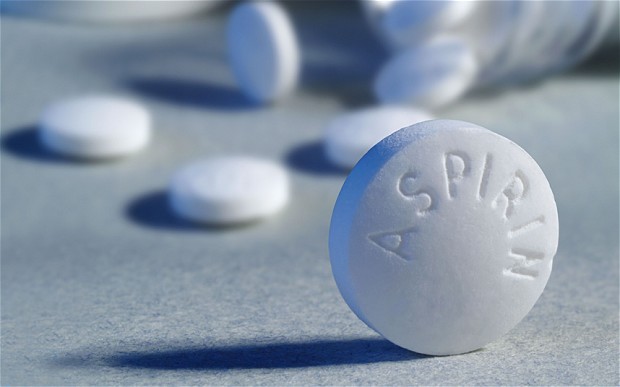
Do not take aspirin or ibuprofen-containing products (After Surgery Medications) for two days after your surgery. These may cause excessive bleeding that could ruin the result of your surgery.

Drink only liquids for the first few hours after surgery. Advance slowly to small, light meals. If you experience nausea or vomiting more than two times, contact your clinic and your doctor so you can be prescribed something to reduce this. Excessive vomiting and retching can result in bleeding beneath the skin that will require more surgery.
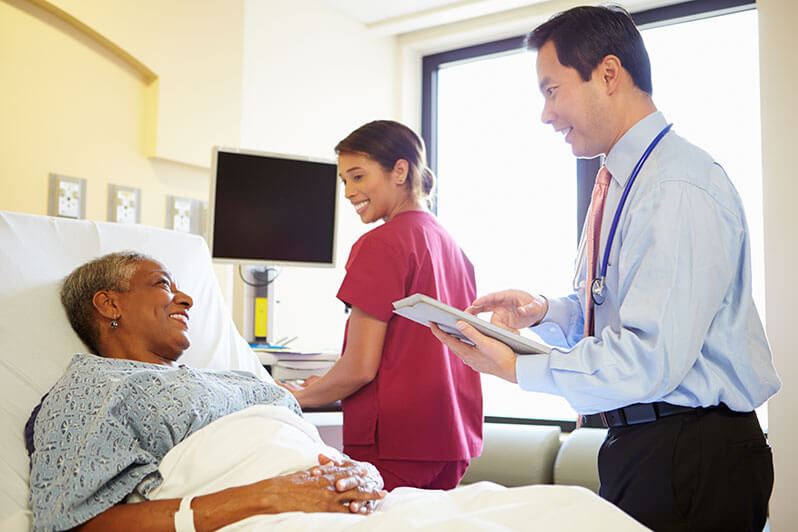
You must have an adult (older than 18 years old) take you home and remain with you continuously for 24 hours after your surgery. Although rare, emergencies do occur. You need to have an adult with you in the event you need help. You must have help to the bathroom the first few times in case you experience dizziness or light-headedness.

Do not do anything that requires mental or physical coordination for 48 hours or for as long as you are taking prescription pain pills. This includes driving a car, truck, tractor, or operating machinery, power tools or appliances. The pain medicines and the anaesthesia drugs interfere with your good judgement and coordination.

Swelling is a normal part of eyelid surgery. Swelling will involve the eyelids and face. It can even extend onto the neck. Elevating the head of your bed for two to three days will minimise swelling. You may sit in a chair. Avoid activities that involve bending over or straining. Applying ice to your eyelids and face will also help. When applying the ice bags make sure there is a small amount of water in with the ice at all times. Your skin should feel cool to the touch. Do not use frozen gel packs. Reducing the swelling reduces the pain after your surgery.

Gently get out of bed as soon as possible after your surgery. When you get up, sit with your legs hanging over the edge of the bed or chair for a few minutes before standing. This will help avoid problems with dizziness, light-headedness, and fainting. Have an adult assist you the bathroom the first few times. Always get out of bed to go to the bathroom. Begin to walk as much as possible as soon as you can after surgery. Do take it easy the first few days. Do not exert yourself in any strenuous activity. Avoid activities that involve bending over or straining. A balance of rest and reduced activity will speed up your recovery.
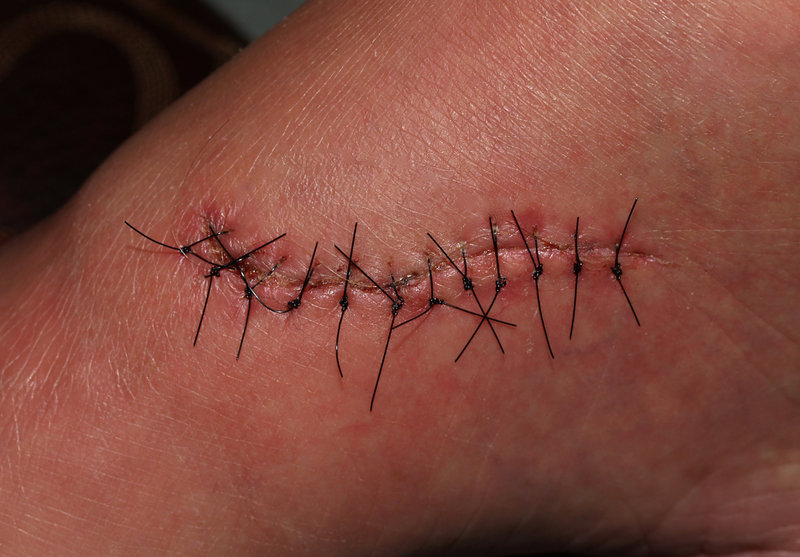
This depends whether the surgeon has used dissolvable stitches or not. In case of dissolvable stitches, the sutures will fall off on their own accord over the few days following the surgical procedure. In case normal non-dissolvable stitches have been used then you usually have to be back to the clinic 7 days after the procedure to have the stitches removed.
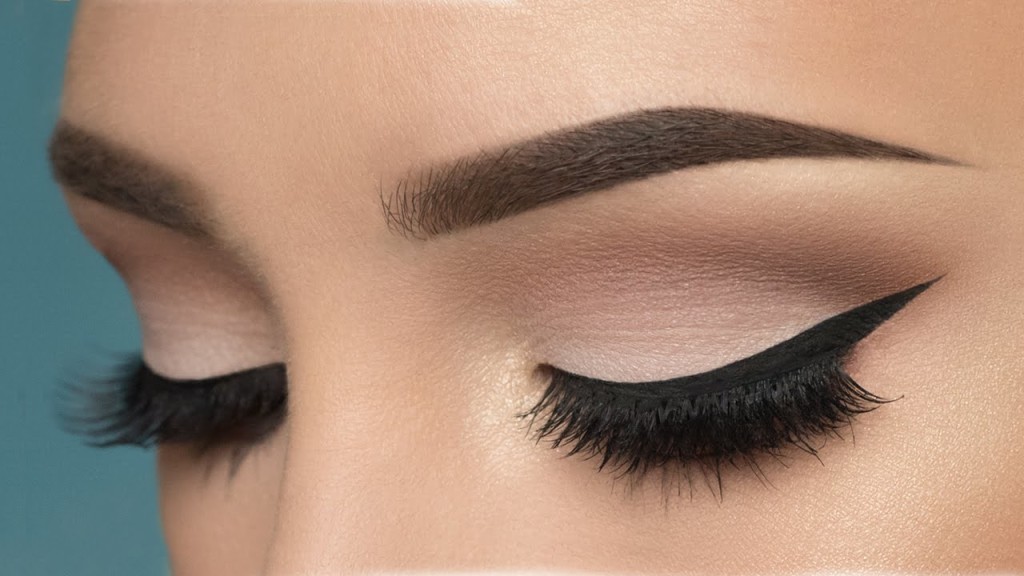
Makeup can be applied as soon as the area has recovered completely and the stitches have been fully removed or have fallen off on their own. Using makeup during the healing process can increase the likelihood of infections. Gently remove the makeup being careful not to massage the skin. Do not apply mascara for two weeks after surgery.

If you live further than a one-hour drive, you must stay in the area for one or two nights. This is because if some complications they usually occur soon after the surgery and therefore you can pop into the clinic quickly. Usually, possible complications occur soon aft4er the surgery, the likelihood of complications diminish over time.

Travelling long distances or for long periods of time can be problematic after surgery. Generally, I do not recommend travelling longer than one hour for one week after surgery. When you do travel you must have help at all times with your baggage (do not lift more than five pounds for three weeks) and you must get out of your seat and walk for five minutes every hour. Remember, even small vibrations during travel can increase the amount of pain you experience. Finally, you will not have the same energy level as you did immediately before your surgery.

Do not consume any alcoholic drinks (including beer and wine) for 48 hours after surgery. In addition, do not have any alcoholic drinks while you are taking the prescription pain pills. The alcohol can interact with these medicines and lead to serious health problems. Finally, if you really have to drink alcohol, do it in moderation for at least three weeks. Excessive consumption can lead to a fall that could ruin the results of the surgery.
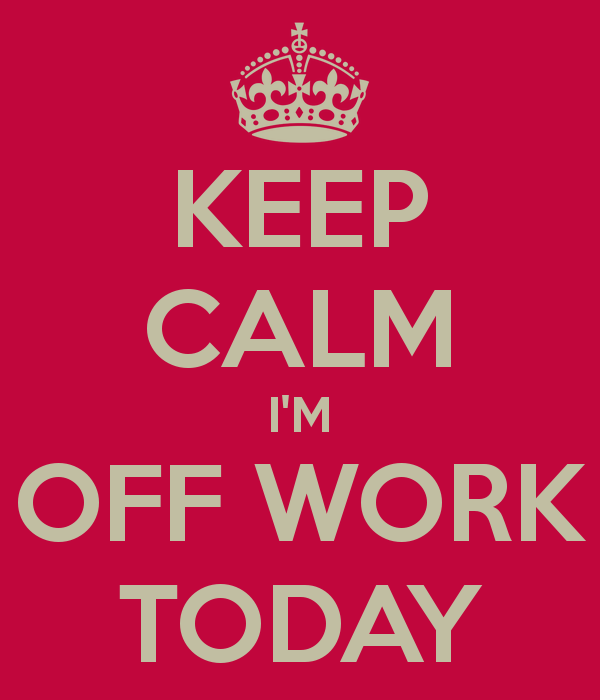
How long you are off work depends on your occupation. If you do clerical work (i.e. stockbroker, teacher, or programmer), you can return to work when you feel up to it. This usually takes about two to three days. Do not go to work for three weeks if you do manual labour (i.e. entertainer, truck driver or personal trainer). Regardless of your employment, do not lift anything weighing more than five pounds for three weeks.
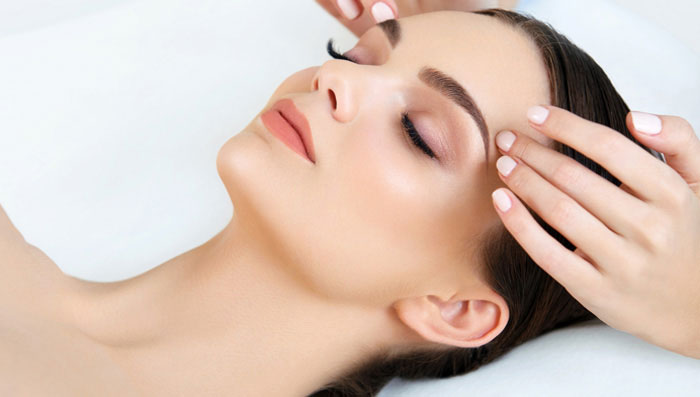
Body massage is very effective for relaxation. However, it cannot be done while there is bruising of the skin due to the risk of long-term or permanent brown-grey staining of the skin. All therapeutic massage treatments must be discontinued until any bruising has completely resolved. Do not massage the eyelids or face for six weeks.

Generally, you can go back to working out three weeks after eyelid surgery. This depends on how you feel. Do not lift anything that weighs more than five pounds for three weeks. Do not do contact sports for six weeks. Avoid movements which would stress any of the incisions. Workouts must stop if you experience discomfort in your eyelids or face. A balance of rest and reduced activity will speed up your recovery.
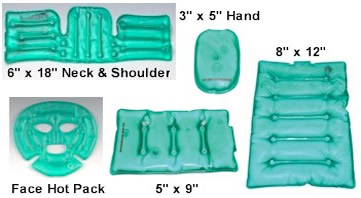
Do not use a heating pad on your face or neck for a full 3 months after your surgery.

Sun tanning damages your skin. It leads to wrinkling, discolouration, and superficial growths. It can also lead to serious skin cancer. For these reasons, I recommend you use sunblock with an SPF number of 15 or greater at all times. A physical broad-spectrum sunblock works best. If you are exposed to the sun, I recommend you protect your eyelids and face for six weeks with a hat and sunblock. You must carefully protect any scars from sun exposure with sunblock for six months.
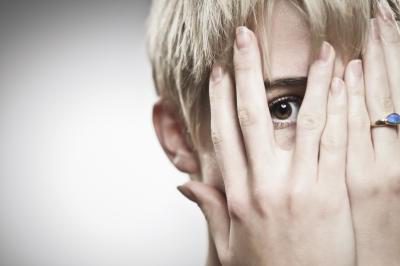
It is normal for the eyelids to be swollen, tender, and numb for the first six weeks. Some of the numbness can linger for one to two years. Intermittent very brief pains can occur during the first year. This is a sign of nerve healing. These pains will pass within a few weeks after they begin.
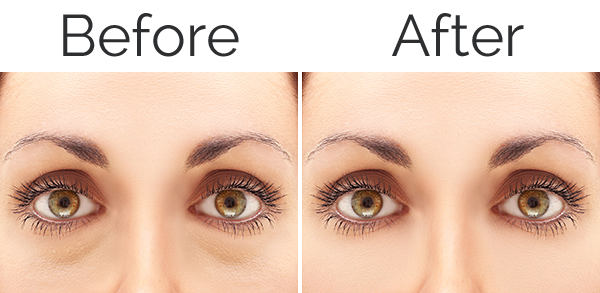
Scar healing takes six months to a year. For this reason, you will not see the final result of your surgery for six months. During this time you will notice the scars will lighten in colour and they will become softer to the touch.
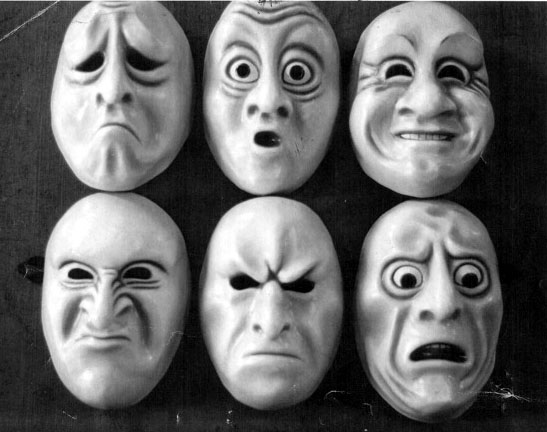
Surgery effects each person’s emotions differently. During the first week, you can expect your energy level to be noticeably reduced. This will begin to improve the second week but it will take a full six weeks for you to have the same energy level you had before surgery. Many people say they want to sleep longer or more often. Normal hormone changes after surgery will also affect your emotions. Between 5 to 10 days most patients experience a period of doubt regarding their decision. They may feel down and sometimes cry. Remember, this is normal and will pass with time. If this depression is severe, contact us immediately so we can see you in our office.
[:es]
Estas instrucciones están destinadas a ayudarlo a considerar lo que va a experimentar y las medidas aproximadas que deben tomarse después de una blefaroplastia.
 Estos no tienen el propósito de sustituir el consejo que le dio su propio cirujano o clínica estética que se esté sometiendo a su propio procedimiento. En caso de duda, consulte a su clínica para obtener asesoramiento.
Estos no tienen el propósito de sustituir el consejo que le dio su propio cirujano o clínica estética que se esté sometiendo a su propio procedimiento. En caso de duda, consulte a su clínica para obtener asesoramiento.

Todos experimentan algo de dolor en los párpados y la cara después de la cirugía. La mayoría de las personas toman solo acetaminofeno (Tylenol) y Celebrex según lo prescrito para el control del dolor. Si no puede tomar Celebrex, el paracetamol solo puede ser suficiente. Comience a tomar acetaminophen elixir (líquido) o tabletas para el dolor tan pronto como sea posible después de la cirugía. Si esto no es suficiente para controlar su dolor, comience a tomar cualquier analgésico prescrito (Vicodin, Percocet, Darvocet, Tylenol # 3) según lo indicado. Si no recibió una receta para medicamentos narcóticos para el dolor y siente que necesita algo más fuerte para controlar el dolor, comuníquese con su clínica. Los medicamentos narcóticos para el dolor recetados pueden enfermarle el estómago. Tómalos solo después de haber comido algo. Se recomienda tomar una dosis de paracetamol o narcóticos para el dolor antes de irse a dormir la primera noche o la noche después de la cirugía. Programe un reloj de alarma para despertarse 4 horas después de irse a dormir. Tome una segunda dosis del mismo medicamento para el dolor y luego reanude su descanso hasta la mañana.
La aplicación de hielo durante las primeras 24 horas después de la cirugía también reducirá el dolor y la hinchazón. Aplique bolsas de hielo en sus párpados y mejillas durante 20 minutos seguidos de 10 minutos de descanso. En otras palabras, aplique hielo en los párpados y las mejillas durante 20 minutos de cada media hora. Al aplicar las bolsas de hielo, asegúrese de que haya una pequeña cantidad de agua en el hielo en todo momento. Tu piel debe sentirse fresca al tacto. No utilice paquetes de gel congelado. No es necesario aplicar hielo mientras duermes por la noche.

No tome aspirina o productos que contengan ibuprofeno (medicamentos para después de la cirugía) durante dos días después de su cirugía. Estos pueden causar sangrado excesivo que podría arruinar el resultado de su cirugía.

Beba solo líquidos durante las primeras horas después de la cirugía. Avanza lentamente a comidas pequeñas y ligeras. Si experimenta náuseas o vómitos más de dos veces, comuníquese con su clínica y su médico para que le puedan recetar algo para reducir esto. Los vómitos y las arcadas excesivos pueden provocar un sangrado debajo de la piel que requerirá más cirugía.

Debe tener un adulto (mayor de 18 años) que lo lleve a su casa y permanezca con usted de forma continua durante las 24 horas posteriores a la cirugía. Aunque es raro, ocurren emergencias. Necesitas tener un adulto contigo en caso de que necesites ayuda. Debe tener ayuda para ir al baño las primeras veces en caso de que experimente mareos o aturdimiento.

No haga nada que requiera coordinación mental o física durante 48 horas o durante el tiempo que esté tomando analgésicos recetados. Esto incluye conducir un automóvil, camión, tractor u operar maquinaria, herramientas eléctricas o aparatos. Los analgésicos y los medicamentos de anestesia interfieren con su buen juicio y coordinación.

La hinchazón es una parte normal de la cirugía de párpados. La hinchazón afectará los párpados y la cara. Incluso puede extenderse sobre el cuello. Elevar la cabecera de su cama durante dos o tres días minimizará la hinchazón. Puede sentarse en una silla. Evite las actividades que involucran inclinarse o esforzarse. La aplicación de hielo en los párpados y la cara también ayudará. Al aplicar las bolsas de hielo, asegúrese de que haya una pequeña cantidad de agua en el hielo en todo momento. Tu piel debe sentirse fresca al tacto. No utilice paquetes de gel congelado. Reducir la hinchazón reduce el dolor después de su cirugía.

Levántese suavemente de la cama tan pronto como sea posible después de su cirugía. Cuando se levante, siéntese con las piernas colgando sobre el borde de la cama o la silla durante unos minutos antes de pararse. Esto ayudará a evitar problemas con mareos, aturdimiento y desmayos. Haga que un adulto te ayude en el baño las primeras veces. Salga de la cama siempre para ir al baño. Comience a caminar lo más posible tan pronto como pueda después de la cirugía. Toméselo con calma los primeros días. No se esfuerce en ninguna actividad extenuante. Evite las actividades que involucran inclinarse o esforzarse. Un equilibrio entre el descanso y la actividad reducida acelerarán su recuperación.

Esto depende de si el cirujano ha utilizado puntos de sutura solubles o no. En el caso de puntos de sutura solubles, las suturas se caerán por sí mismas durante los pocos días posteriores al procedimiento quirúrgico. En el caso de que se hayan usado puntos no solubles normales, entonces generalmente tiene que regresar a la clínica 7 días después del procedimiento para que se le extraigan los puntos.

El maquillaje se puede aplicar tan pronto como el área se haya recuperado por completo y los puntos hayan sido retirados por completo o se hayan caído por sí solos. Usar maquillaje durante el proceso de curación puede aumentar la probabilidad de infecciones. Retire suavemente el maquillaje teniendo cuidado de no masajear la piel. No aplique la máscara durante dos semanas después de la cirugía.

Si vive más de una hora en automóvil, debe permanecer en el área por una o dos noches. Esto se debe a que si algunas complicaciones generalmente ocurren poco después de la cirugía y, por lo tanto, puede ingresar rápidamente a la clínica. Por lo general, las posibles complicaciones ocurren poco después de la cirugía, la probabilidad de complicaciones disminuye con el tiempo.

Viajar largas distancias o por largos períodos de tiempo puede ser problemático después de la cirugía. En general, no recomiendo viajar más de una hora durante una semana después de la cirugía. Cuando viaje, debe recibir ayuda en todo momento con su equipaje (no levante más de cinco libras durante tres semanas) y debe levantarse de su asiento y caminar durante cinco minutos cada hora. Recuerde, incluso las pequeñas vibraciones durante el viaje pueden aumentar la cantidad de dolor que experimenta. Finalmente, no tendrá el mismo nivel de energía que tenía inmediatamente antes de su cirugía.

No consuma bebidas alcohólicas (incluyendo cerveza y vino) durante las 48 horas posteriores a la cirugía. Además, no tome bebidas alcohólicas mientras esté tomando los analgésicos recetados. El alcohol puede interactuar con estos medicamentos y provocar problemas de salud graves. Finalmente, si realmente tiene que beber alcohol, hágalo con moderación durante al menos tres semanas. El consumo excesivo puede llevar a una caída que podría arruinar los resultados de la cirugía.

La duración de su ausencia depende de su ocupación. Si realiza un trabajo de oficina (es decir, un corredor de bolsa, un maestro o un programador), puede volver al trabajo cuando se sienta capaz de hacerlo. Esto generalmente toma alrededor de dos a tres días. No vaya a trabajar durante tres semanas si realiza trabajos manuales (es decir, artista, conductor de camión o entrenador personal). Independientemente de su empleo, no levante nada que pese más de cinco libras durante tres semanas.

El masaje corporal es muy efectivo para la relajación. Sin embargo, no se puede hacer mientras haya moretones en la piel debido al riesgo de manchas a largo plazo o de color marrón grisáceo permanente de la piel. Todos los tratamientos de masaje terapéutico deben interrumpirse hasta que cualquier hematoma haya desaparecido por completo. No masajee los párpados o la cara durante seis semanas.

En general, puede volver a ejercitarse tres semanas después de la cirugía de párpados. Esto depende de cómo te sientas. No levante nada que pese más de cinco libras durante tres semanas. No hagas deportes de contacto durante seis semanas. Evite movimientos que estresen cualquiera de las incisiones. Los entrenamientos deben detenerse si experimenta incomodidad en sus párpados o cara. Un equilibrio entre el descanso y la actividad reducida acelerarán su recuperación.

No use una almohadilla térmica en la cara o el cuello durante 3 meses completos después de su cirugía..

El bronceado daña tu piel. Conduce a arrugas, decoloración y crecimientos superficiales. También puede provocar cáncer de piel grave. Por estos motivos, le recomiendo que use bloqueador solar con un número de SPF de 15 o más en todo momento. Un bloqueador solar físico de amplio espectro funciona mejor. Si está expuesto al sol, le recomiendo que se proteja los párpados y la cara durante seis semanas con un sombrero y bloqueador solar. Debe proteger cuidadosamente las cicatrices de la exposición al sol con bloqueador solar durante seis meses.

Es normal que los párpados estén inflamados, sensibles y adormecidos durante las primeras seis semanas. Parte del entumecimiento puede durar de uno a dos años. Dolores muy breves intermitentes pueden ocurrir durante el primer año. Este es un signo de curación nerviosa. Estos dolores pasarán dentro de unas pocas semanas después de que comiencen.

La cicatrización lleva de seis meses a un año. Por este motivo, no verá el resultado final de su cirugía durante seis meses. Durante este tiempo, notará que las cicatrices se aclararán de color y se volverán más suaves al tacto.

La cirugía afecta las emociones de cada persona de manera diferente. Durante la primera semana, puede esperar que su nivel de energía se reduzca notablemente. Esto comenzará a mejorar la segunda semana, pero llevará seis semanas para que tenga el mismo nivel de energía que tenía antes de la cirugía. Muchas personas dicen que quieren dormir más tiempo o más a menudo. Los cambios hormonales normales después de la cirugía también afectarán sus emociones. Entre 5 y 10 días, la mayoría de los pacientes experimentan un período de duda con respecto a su decisión. Pueden sentirse deprimidos ya veces llorar. Recuerda, esto es normal y pasará con el tiempo. Si esta depresión es grave, contáctenos de inmediato para que podamos verlo en nuestra oficina.
[:]


